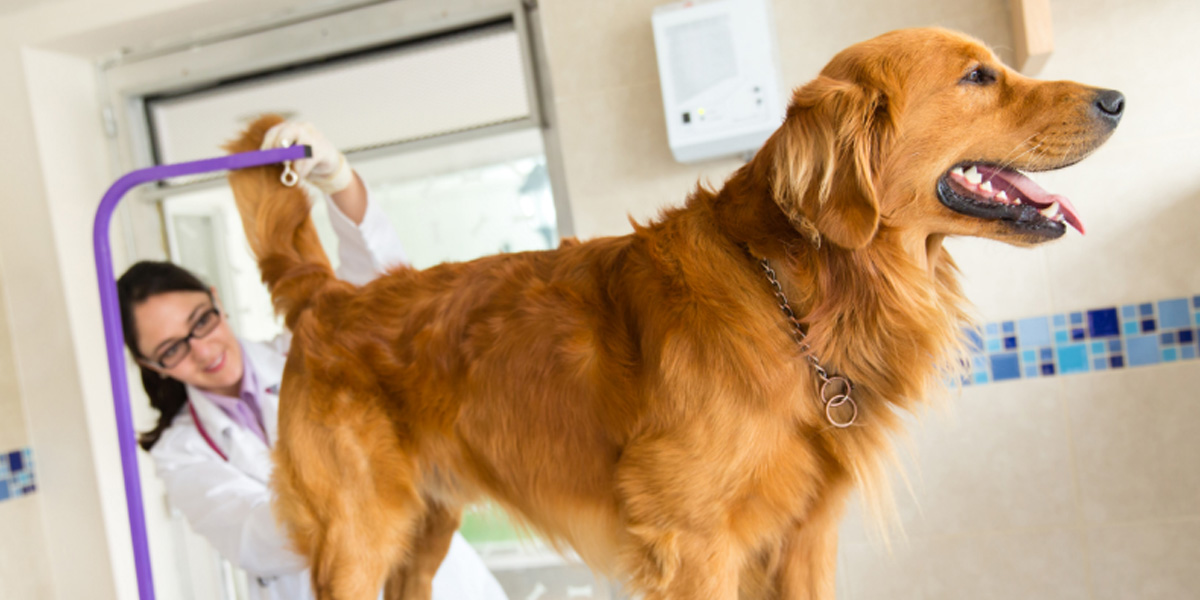
SAVE AN EXTRA $5 - $20 OFFUse code PETS in cart (Exclusions apply)

Save 40% with first AutoShipUse code NEW40 (Up to $40 max. Exclusions apply)

While efforts are made to answer all questions as quickly as possible, if an immediate answer is required or if your pet is in need of urgent or emergency care, contact your pet's veterinarian immediately.

You will receive an answer from Dr. Lindsay and our vet/tech team as soon as possible, usually the same day.
All answers are provided for informational or educational purposes only, and are intended to be a supplement to, and not a substitute for, the expertise and professional judgment of your pet's veterinarian.
It may be necessary to consult your pet's veterinarian regarding the applicability of any opinions or recommendations with respect to your pet's symptoms or medical condition.
Close
An error has occurred, please reload the page and try again.
Close
While efforts are made to answer all questions as quickly as possible, if an immediate answer is required or if your pet is in need of urgent or emergency care, contact your pet's veterinarian immediately.
There is no answer related to your question

Does your dog scoot along the floor, propelling forward with their front paws as they rub their behind on your carpet? While it’s gross to see, it’s a common way for dogs to deal with the discomfort they experience when they are suffering from internal parasites.
What Parasite Causes Dogs To Scoot?
Most internal parasites are hard to detect until the dog has an overwhelming parasitic load and starts to show symptoms of being ill.
Tapeworms, though, are an exception. A tapeworm attaches to the inside of the host’s intestine and releases segments full of eggs that appear in the feces as well as under the tail. The presence of these segments can irritate the anal region, givng your dog the urge to scoot around on the floor.
You’ll typically notice the segments if you look under your dog’s tail. You may also find them where your dog sleeps. The segments look like grains of rice, and they may sometimes still be alive. They may dry up and closely resemble sesame seeds.
Thankfully, tapeworms are easy for your veterinarian to diagnose and treat. Your veterinarian may ask you to collect a stool sample and/or a sample of segments that your dog has shed.
Dogs get tapeworms when they swallow infected fleas. You can prevent your dog from getting tapeworms by using a topical flea preventative and giving a monthly heartworm pill that also protects against internal parasites.
Other Reasons Dogs Scoot
Scooting is not always a sign that your dog has a tapeworm infection.
Any itching or irritation around the anus can make your dog want to scoot. Impacted or infected anal glands, a yeast infection, or dermatitis can cause scooting. Keeping the area clean by bathing your dog with medicated shampoo can reduce scooting until you can sort out the underlying issue.
Whether you discover your dog has a tapeworm infection or you are unable to figure out why they’re scooting, you should see your veterinarian for a diagnosis and treatment.
 Swipe
Swipe